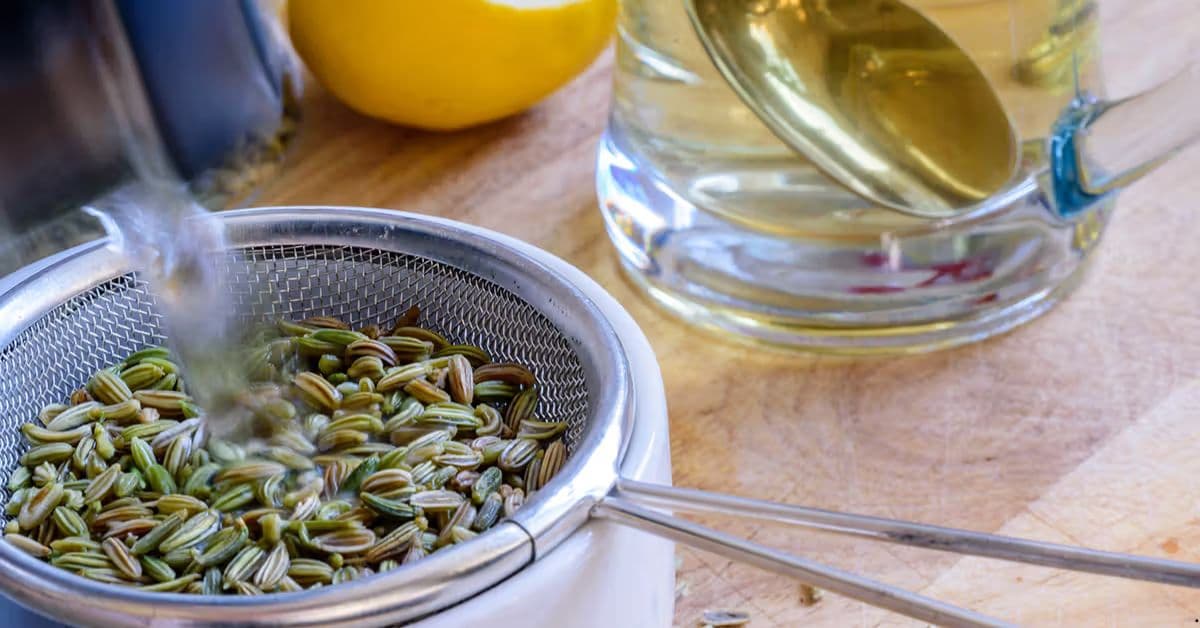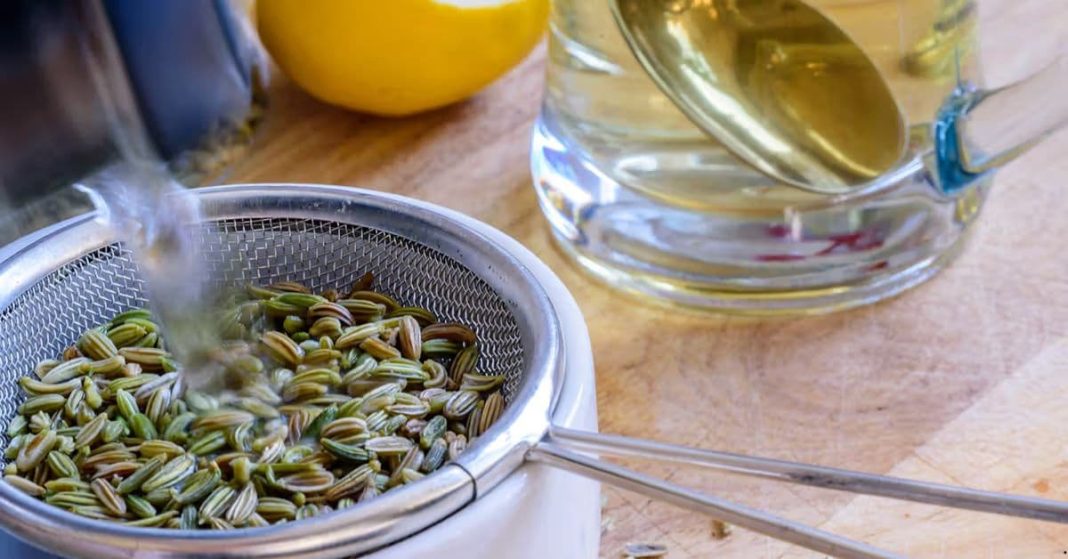Digestive problems such as bloating, indigestion, constipation, heartburn, and nausea affect millions of people worldwide. While modern medicine offers quick relief through antacids, laxatives, and enzyme supplements, many people still turn to traditional remedies rooted in folk medicine. These time-tested recipes-passed down through generations—use herbs, spices, and food-based treatments to address digestive discomfort naturally. In this article, we explore traditional digestive cures from different cultures that remain effective, accessible, and relevant today.
1. Ginger Tea (Asia and Middle East)
Traditional Use:
Ginger has long been a staple in Chinese, Indian, and Arabic folk medicine. It’s known for warming the stomach, reducing bloating, and easing nausea.
How to Prepare:
- Slice fresh ginger root (1–2 inches)
- Boil in 2 cups of water for 10–15 minutes
- Strain and drink slowly, especially after meals
What It Helps With:
- Nausea, vomiting, and morning sickness
- Bloating and gas
- Sluggish digestion
Modern Insight:
Gingerol, the active compound in ginger, has been shown to speed up stomach emptying and reduce inflammation in the gut.
2. Peppermint Infusion (Europe and North America)
Traditional Use:
In European folk medicine, peppermint has been used since medieval times to relieve cramping and calm the intestines. Native American communities also used mint as a digestive tonic.
How to Prepare:
- Steep 1 tablespoon of dried peppermint leaves in hot water for 10 minutes
- Drink before or after meals
What It Helps With:
- Irritable bowel syndrome (IBS)
- Cramping, bloating, and spasms
- Indigestion
Tip:
For those with acid reflux, peppermint may worsen symptoms—best avoided in such cases.
3. Warm Water with Fennel Seeds (India)

Traditional Use:
In Ayurvedic and Indian folk healing, fennel seeds are commonly chewed after meals or used as a tea to aid digestion.
How to Prepare:
- Crush 1 teaspoon of fennel seeds
- Boil in a cup of water for 5–7 minutes
- Strain and sip slowly after meals
What It Helps With:
- Gas and bloating
- Poor digestion
- Infant colic
Bonus:
Fennel also freshens breath and supports hormonal balance.
4. Slippery Elm Gruel (Native American)
Traditional Use:
Native American tribes used slippery elm bark to soothe the stomach and intestines, especially during illness or after food poisoning.
How to Prepare:
- Mix 1 teaspoon of slippery elm powder with warm water or broth until thickened
- Take 1–2 times a day
What It Helps With:
- Heartburn and acid reflux
- Diarrhea or irritation in the intestines
- Soothing for stomach ulcers
Note:
Slippery elm should be taken away from medications, as it may affect absorption.
5. Chamomile Tea (Germany and Eastern Europe)
Traditional Use:
Chamomile has long been used in German and Slavic households to calm the stomach, relax the body, and support digestion after heavy meals.
How to Prepare:
- Steep 1 tablespoon of dried chamomile flowers in hot water for 5–10 minutes
- Drink before bed or after food
What It Helps With:
- Upset stomach
- Indigestion and heartburn
- Anxiety-induced digestive discomfort
Modern Research:
Chamomile contains apigenin, which has anti-inflammatory and antispasmodic properties.
6. Kefir or Yogurt with Garlic (Caucasus and Eastern Europe)
Traditional Use:
In Georgian, Armenian, and Balkan villages, kefir or yogurt was consumed daily to maintain gut health, often mixed with garlic to improve digestion and reduce intestinal infections.
How to Prepare:
- Mix a small clove of crushed garlic into one cup of plain kefir or unsweetened yogurt
- Eat before or with a light meal
What It Helps With:
- Restoring gut flora
- Reducing harmful bacteria in the intestines
- Supporting regular bowel movements
Cultural Insight:
Fermented dairy is central to digestive health in many traditional diets due to its probiotic content.
7. Apple Cider Vinegar and Honey Drink (Europe)
Traditional Use:
In folk remedies from England, France, and the Caucasus, apple cider vinegar was mixed with honey and water to cleanse the stomach and stimulate digestion.
How to Prepare:
- Mix 1 tablespoon of raw apple cider vinegar and 1 teaspoon of raw honey in a glass of warm water
- Drink before meals, especially heavy or greasy ones
What It Helps With:
- Indigestion and heaviness
- Acid imbalance
- Slow digestion
Warning:
Always dilute vinegar to protect your teeth and stomach lining.
8. Rice Water (Asia and Latin America)
Traditional Use:
In Chinese, Japanese, and Latin American folk practices, rice water is a gentle, starchy remedy for soothing the stomach, particularly during diarrhea or gastritis.
How to Prepare:
- Boil half a cup of white rice in 4 cups of water
- Strain the water once rice is soft
- Drink the starchy water warm or cool
What It Helps With:
- Diarrhea
- Stomach flu
- Gastric irritation in children and the elderly
Precautions and General Tips
While these remedies are safe and mild for most people, consider the following:
- Start with small amounts when trying a new remedy
- If symptoms persist or worsen, consult a healthcare provider
- Herbal teas and foods may interact with medications—especially in chronic conditions
- Maintain a diet low in processed foods, excessive sugar, and alcohol for better long-term digestive health
Across cultures and continents, people have long turned to herbs, spices, and fermented foods to relieve digestive discomfort naturally. Whether it’s a warm cup of ginger tea, a fennel seed infusion, or kefir with garlic, traditional remedies continue to offer reliable relief for common stomach issues. These folk recipes not only help alleviate symptoms but also encourage a deeper connection to nature, tradition, and mindful eating. By integrating these time-tested cures into your routine, you can support digestive health in a gentle, sustainable way.


















